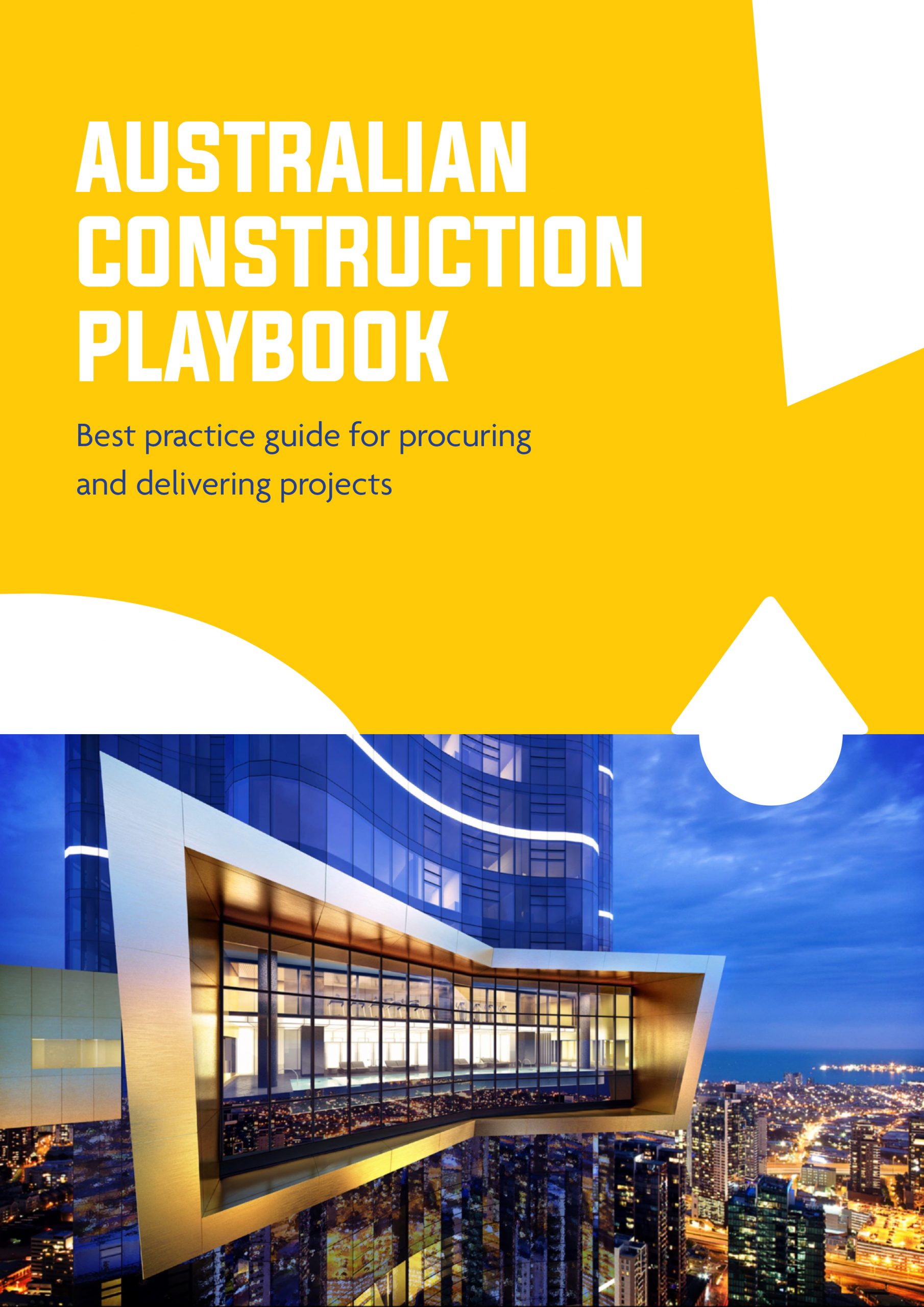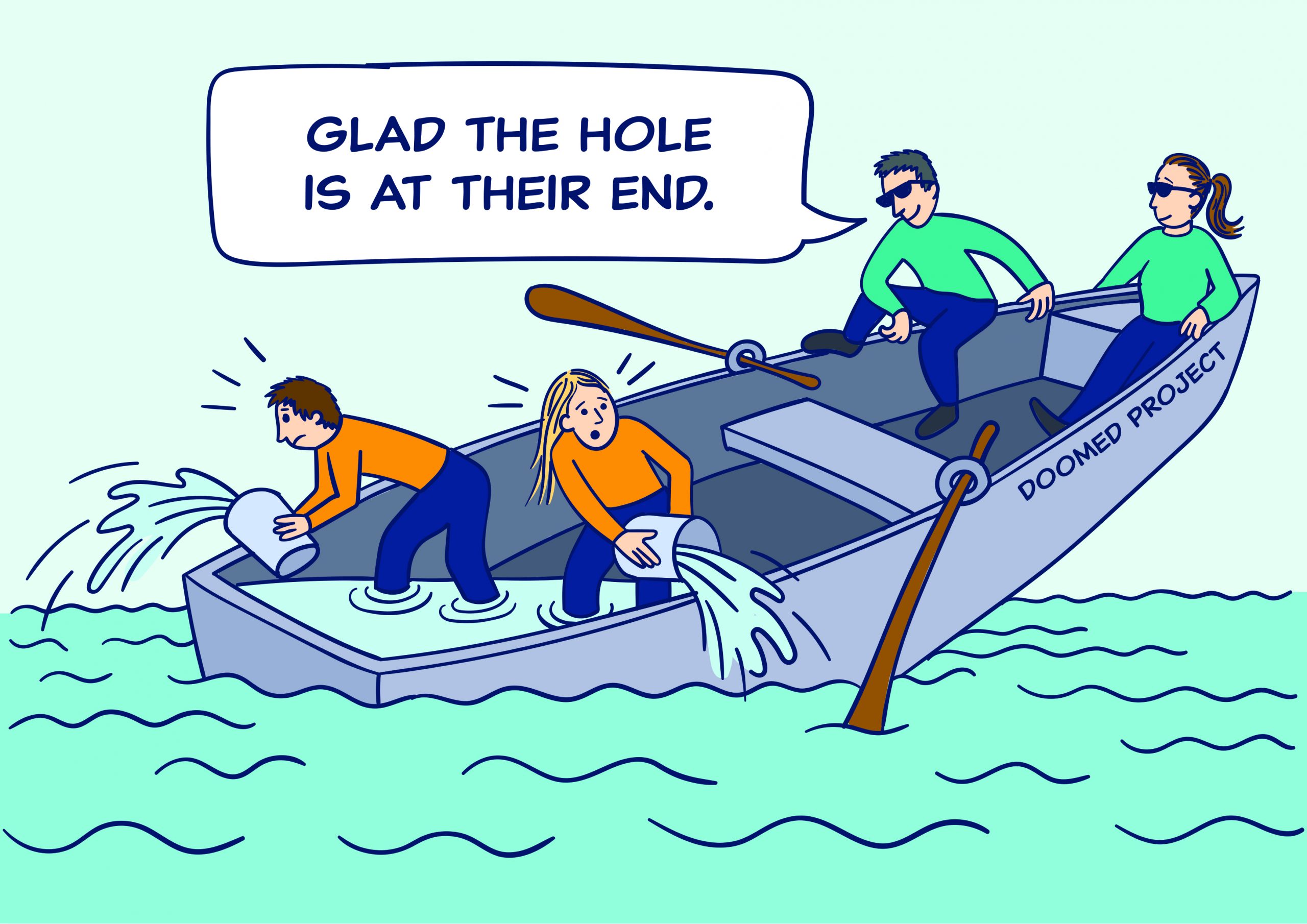CEO update – April 2021
Posted: 30th April 2021
Posted in: ACA News

Posted: 30th April 2021
Posted in: ACA News
Based on the notion that the UK Construction Playbook provides a good example of what is lacking in Australia, this month I met with one of the great minds behind the UK Construction Playbook – Andy Mitchell CEO of Thames Tideway and Chair of the UK Construction Leadership Council. According to Andy, the secret to its success is government and industry collaboration.
Recognising the power of widespread collaboration to achieve good outcomes, a coalition is forming to lobby the Federal Government to commit to developing an Australian Construction Playbook. Importantly, industry is not calling on government to develop the Playbook in isolation. Industry is poised to perform a key part in its development—much like the UK Construction Playbook which was developed in partnership in less than a year, drawing on work already undertaken to define best practice.
In discussing the need for an Australian Construction Playbook, I have had many stakeholders point out that calls for national leadership have failed. So, what is different this time? My response is COVID. The Federal Government’s ‘silent partner’ approach to the procurement and delivery of infrastructure is a wasted opportunity. The Federal Government needs to coordinate and incentivise reform. Reforming the construction industry is in the national interest particularly given the role of the industry in leading the post COVID economic recovery.
Through my discussions with government and across industry, I have been surprised to see how many people were unaware of the industry’s challenges. The construction industry, Australia’s third largest industry—employing 10 per cent of the working population, accounted for 20 per cent of all insolvencies last financial year. Moreover, only 12% of the workforce are women and workers are six times more likely to die from suicide than a workplace incident.
The system used to procure and deliver Australia’s infrastructure projects is fundamentally broken. It favours lowest price over best value. It works to political deadlines rather than engineering schedules. It assumes risk can be transferred with no comeback and it promotes a focus on winning short-term commercial battles rather than developing long-term partnerships that foster innovation and improved outcomes.
These problems are well understood and, for its part, the Australian Constructors Association together with the NSW and Victorian Governments are developing strategies to improve outcomes through the Construction Industry Leadership Forum and the Construction Industry Culture Taskforce— the latter of which will shortly publish a ground-breaking construction industry culture standard (see below).
But we need a more coordinated approach to accelerate this much needed reform. The Federal Government is uniquely placed to collate and incentivise the use of best practice procurement and delivery processes by the States—and it can do this through the development of a Construction Playbook.
More information on the case for a Australian Construction Playbook can be found in our blog.

An important component of the proposed Construction Playbook is an industry Culture Standard.
The construction industry faces deep-seated problems in entrenched ways of doing things. Working hours are long, the workforce lacks diversity, and stress levels and suicide rates are high. These issues self-perpetuate. They shallow the talent pool when we need the best and the brightest working in the jobs which are vital for rebuilding the Australian economy.
To address this, the Construction Industry Culture Taskforce, a collaboration between the Australian Constructors Association and NSW and Victorian Governments, has been developing a Culture Standard.
The Culture Standard will seek to set a new standard that will change the culture of the construction industry. It will address matters such as working hours and flexibility, health and wellbeing and diversity and inclusion. Industry customers, including government, will be asked to support this cultural shift by adopting the Standard as part of their procurement requirements whenever they buy construction services.
The draft Culture Standard will be released in the coming months for public consultation. A better construction sector is in Australia’s interests so please help us support the construction industry by providing feedback. Stay tuned.

Fundamental change across the industry can only be achieved if we all pull together. I am proud to be part of the movement toward greater collaboration—collaboration with government, industry (including our peer associations), the supply chain and anyone with an interest in our sector.
A notable forum this month that attracted significant attention, particularly through social media, was the #Hardconvo initiative webinar titled ‘Is it time to punt the lawyers?’ Participating in a panel with two respected industry lawyers, the key takeaway from the event was that everyone wants to turn the dial when it comes to the industry and contracts. Too many contracts are overly long, overly complex and overly biased. There has been too much adding to standard contracts and not enough deleting. It was agreed that we need to work together to clearly define expectations. Covid has shown us we can do this. As contractors we have worked closely with unions to help keep projects open and with clients to expedite projects to get boots on the ground. The saying goes, you might be able to transfer most risks, but you can’t transfer reputational risk!

Registrations for the construction industry’s night of nights, the Australian Construction Achievement Award, are now open. This year’s event promises to be bigger and better with the winners for both 2020 (event delayed due to COVID) and 2021 to be announced on 26 August 2021 in Melbourne.
2021 finalists
2020 finalists
Register for this year’s event here.

In concluding this month’s newsletter, I regretfully have to advise that ACA’s Senior Advisor Diana Burgess will be leaving the association in May following eight years of great service to ACA. While I am personally very happy for Diana in securing an exciting new opportunity with one of our member companies, I am sure I speak for many in saying she will be greatly missed.
Diana’s significant role in the Construction Industry Leadership Forum and Construction Industry Culture Taskforce, along with our own working parties, has been recognised across government and industry, and the expertise and insights that Diana has brought to all aspects of ACA’s operations have been invaluable.
Congratulations Diana and best wishes.
Regards,
Jon Davies
Chief Executive Officer